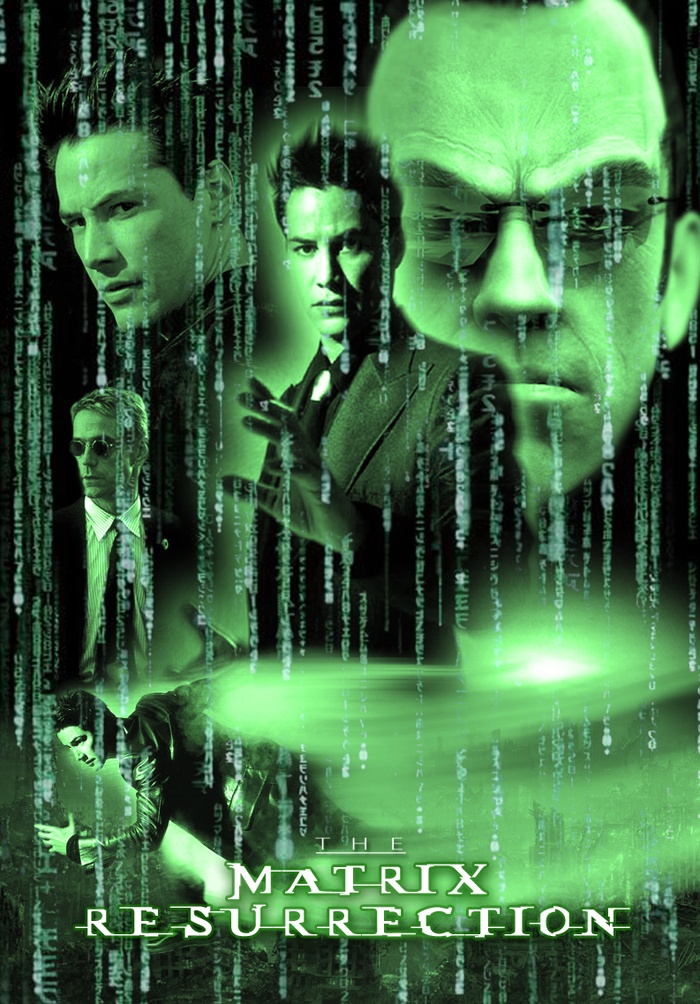

but then strips out all of the nihilistic, anarchic, devil-may-care FUN of the genre. Lydon takes the in-your-face, don't care about aesthetics approach of punk and the "I really have something to say about humanity/culture/you" ethos that he brought to Sex Pistols.

This is often credited as the first true post-punk album and it really is that. It isn't until track four that it starts to feel like an actual album. Track three is that SAME tirade but put to music. Track two is a spoken word tirade against organized religion. Track one is a 9-minute long, post-punk, noise-rock grind. Public Image: First Issue Public Image Ltd.īoy, John Lydon (formerly of Sex Pistols) wants you to work for this album. Much of that is due to George Clinton's peculiar lyrical contribution which, in keeping with the psycadelic/funk ethos, are sparse but pointed most of the time, highlighting culture, race, drug-addled nihilism, and sheer, pleasure-seeking, self-serving abandon.

The tracks are a bit all over the place and thee album lacks cohesion but, even so, manages to work as a whole unit of expression. They range from sharply atmosheric to heart-poundinly organic. The guitar tones on this whole album are phenominal. The opening guitar riff of the album on the title track "Maggot Brain" is a face-melting. This albums pushes the boundaries of what was rock/funk/soul/psychadelic music at the time. Sure, you're funky? But how far are you willing to go?" And the answer was: not as far as Funkadelic. It's almost like George Clinton and his boys were looking at their contemporaries and saying, "Sure you can rock. This is exactly what I wanted to listen to on a Monday morning.


 0 kommentar(er)
0 kommentar(er)
